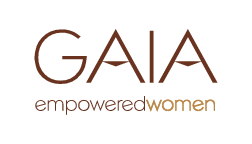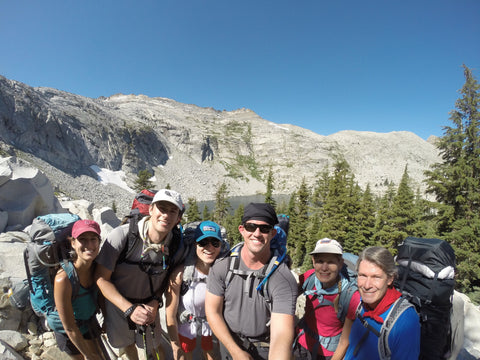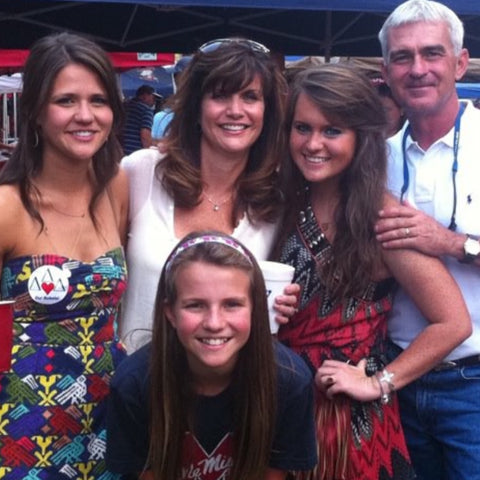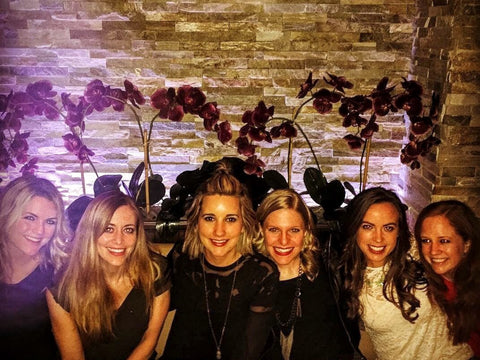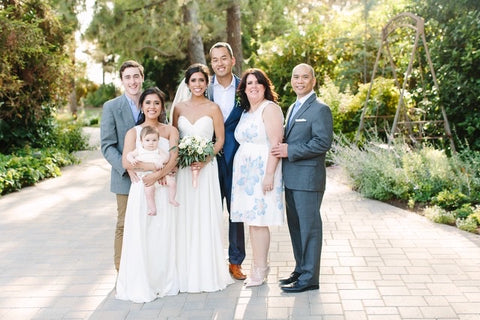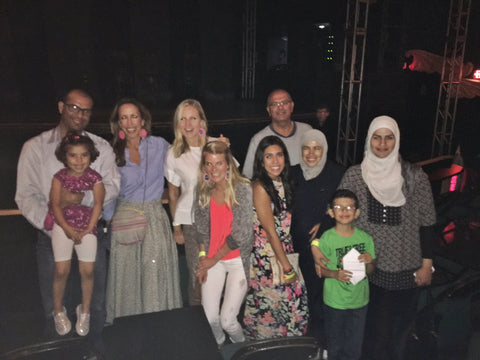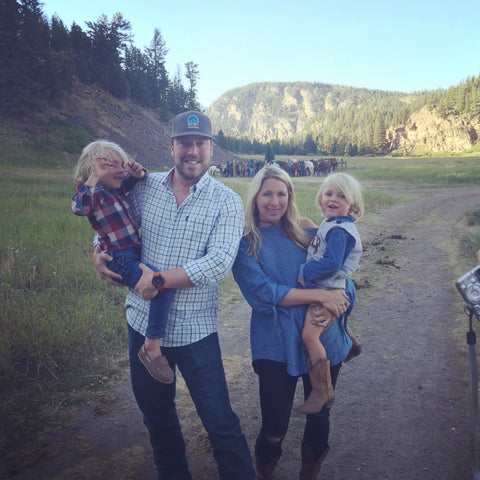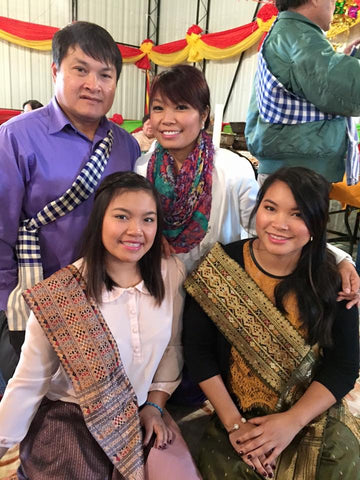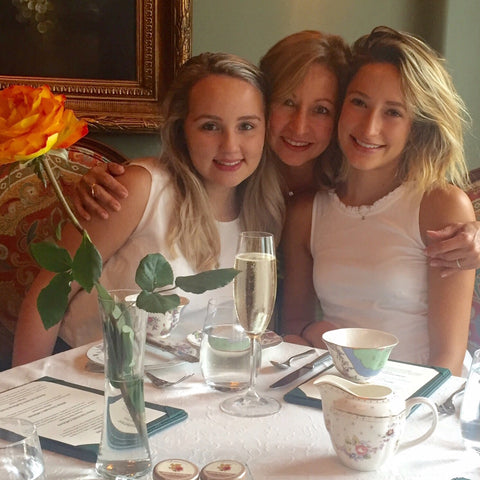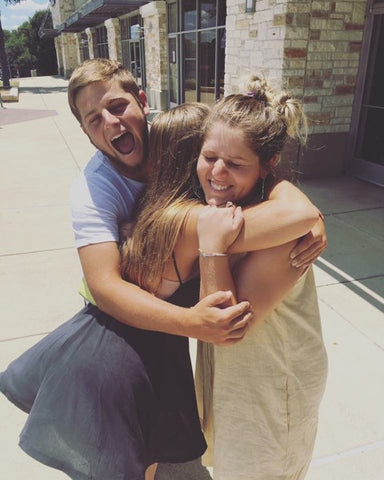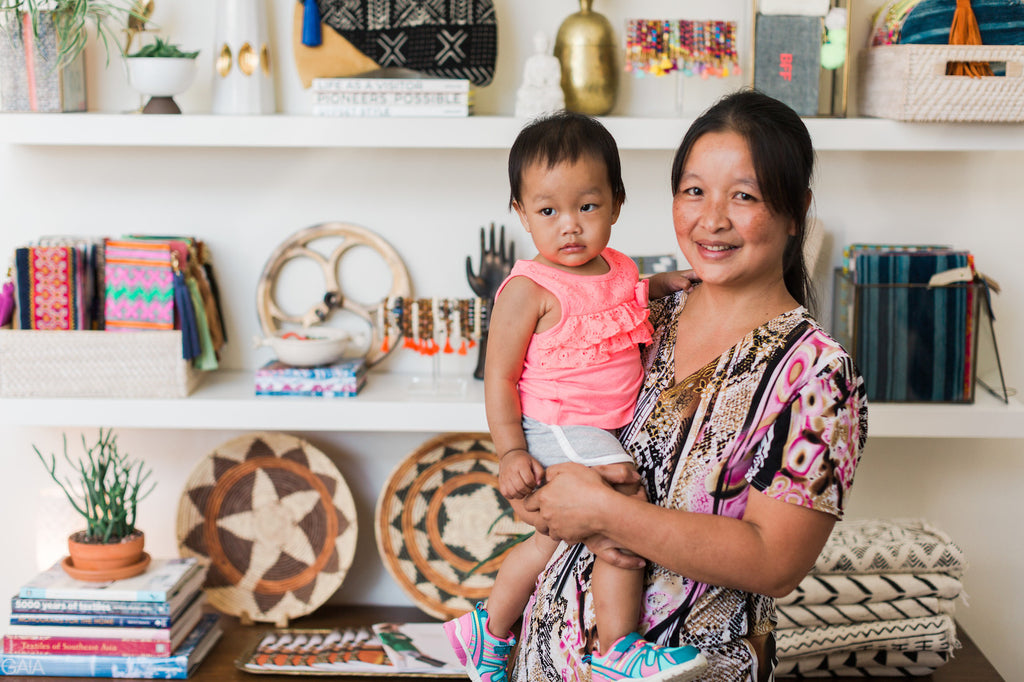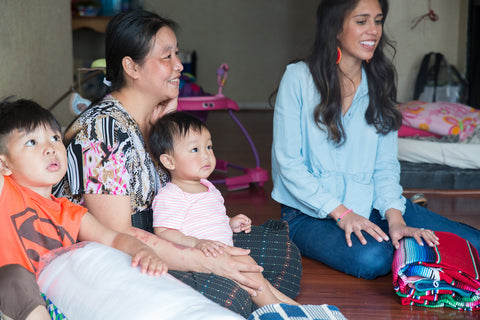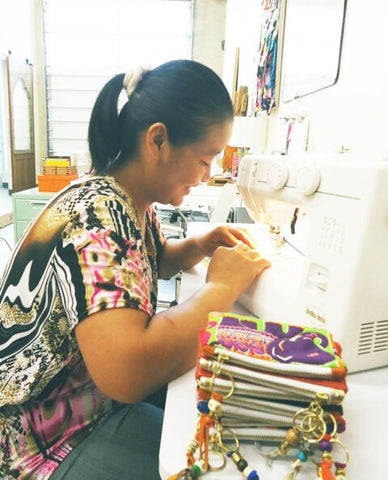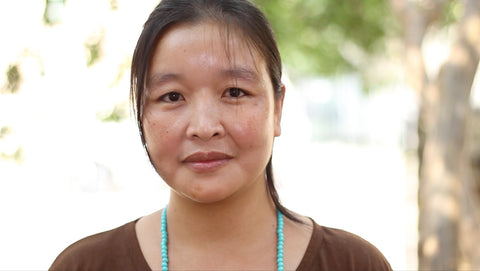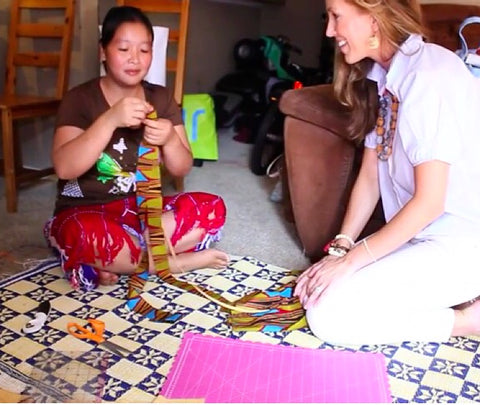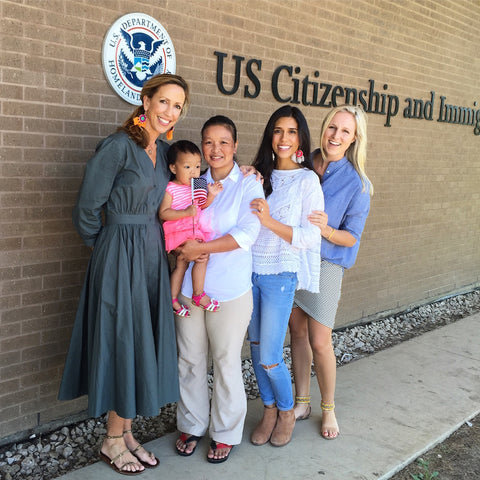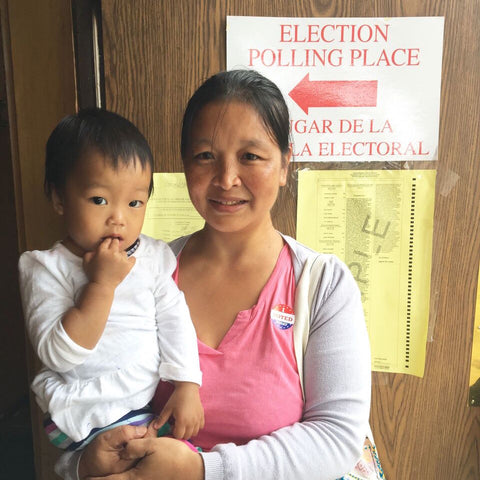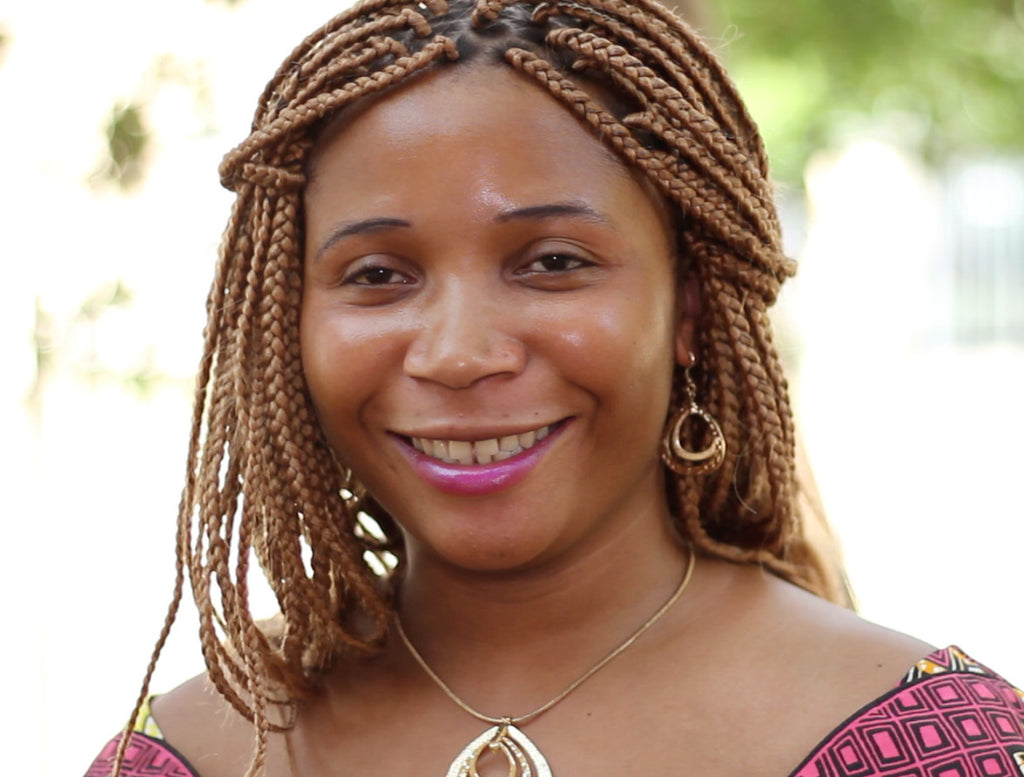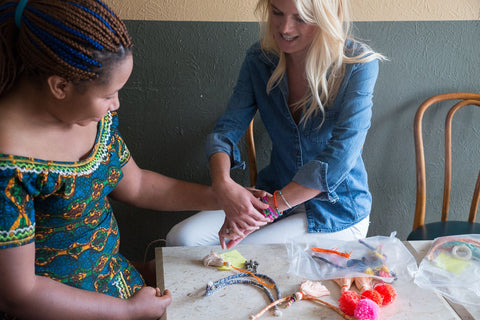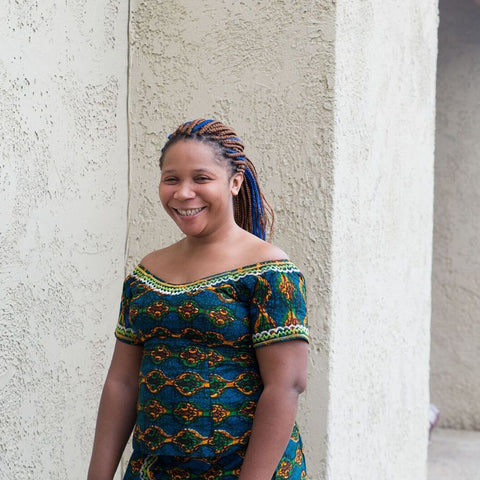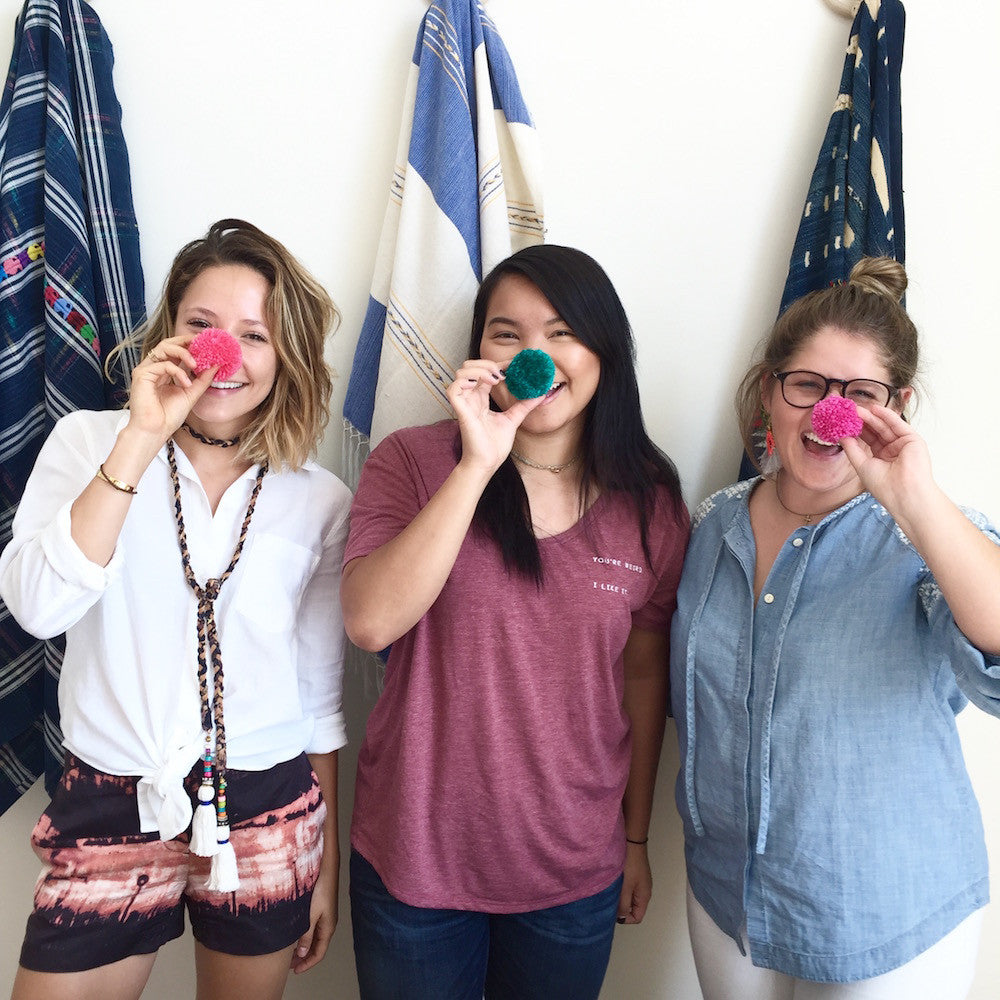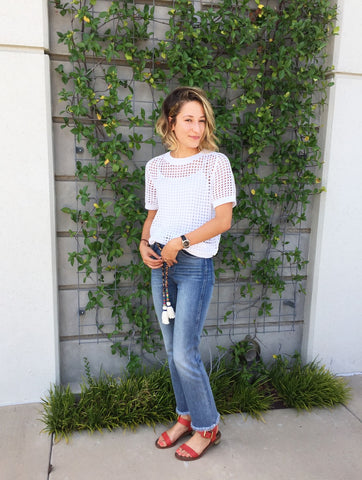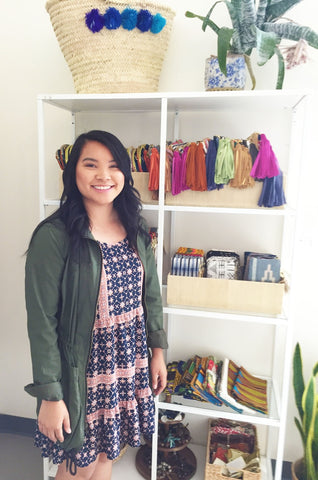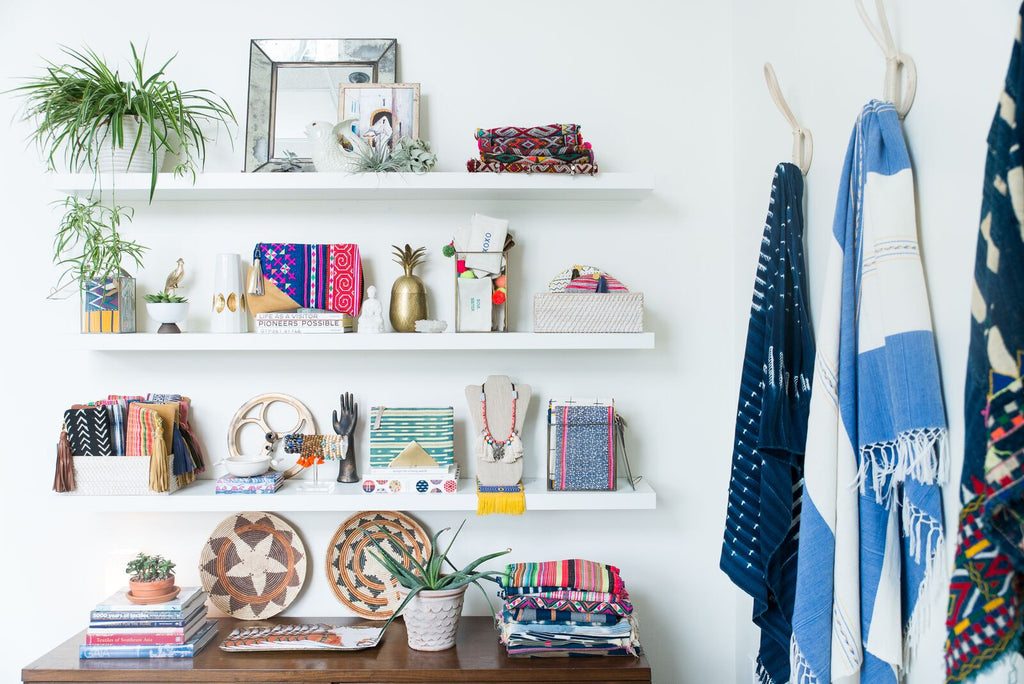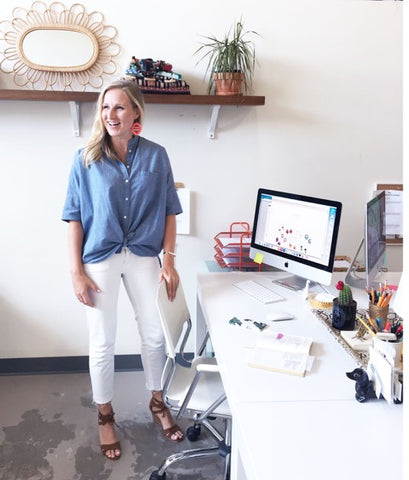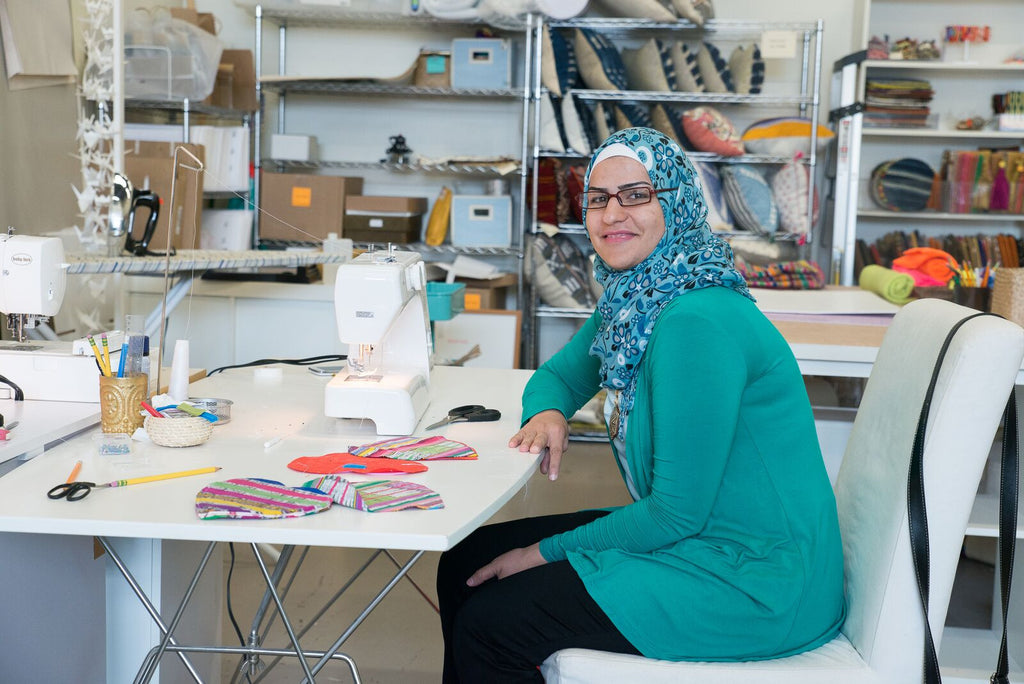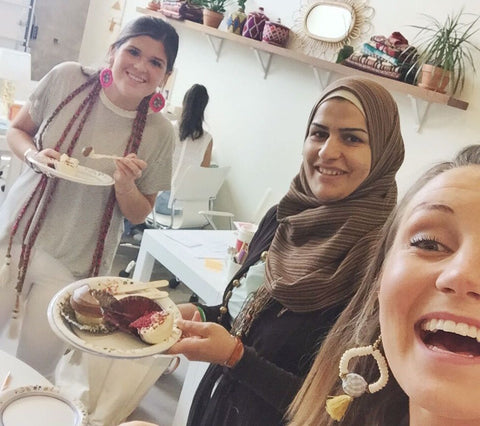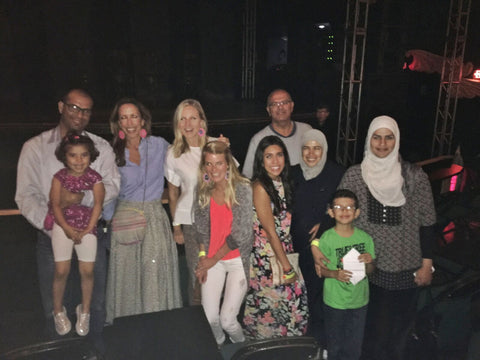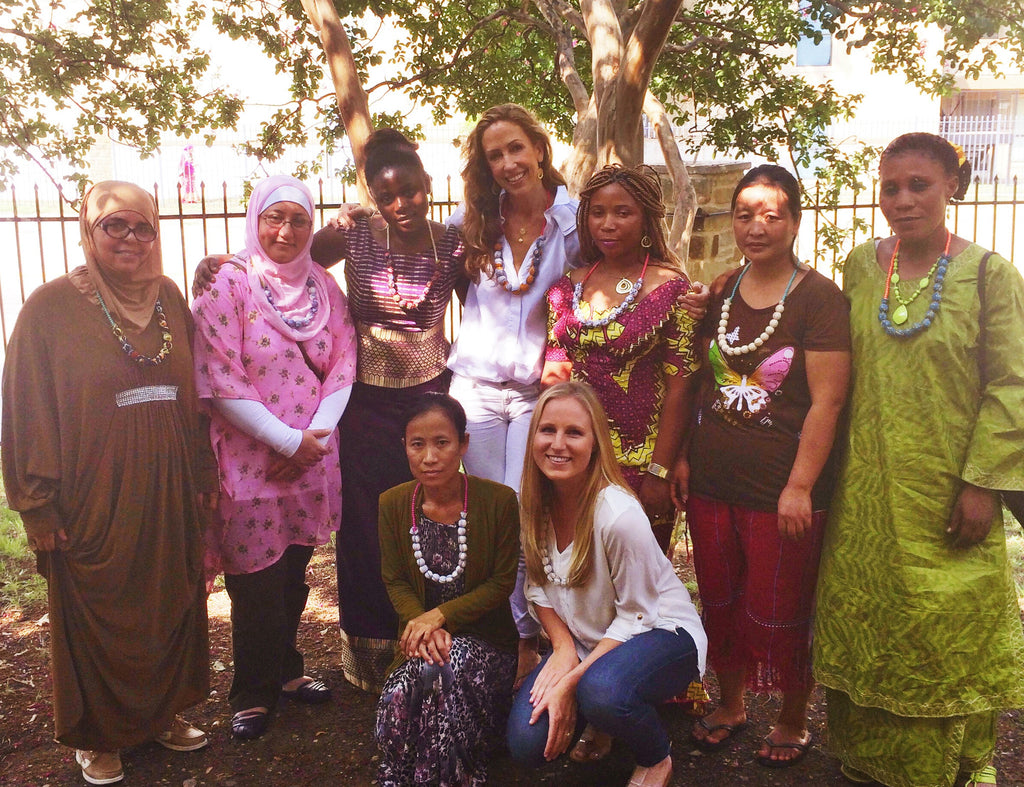Meet Huda
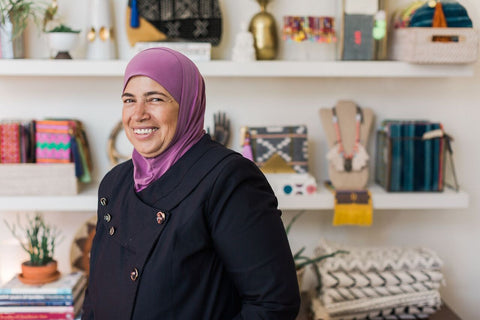
Huda Zedya is working on her English. She takes classes and has a mentor who tutors her once a week. But it’s difficult to learn a new language at 54 years old, and she is shy about speaking.
However, understanding and answering questions in a language other than her native tongue isn’t the most difficult thing about life in the United States for the Syrian refugee. The hardest part: having her three children and their families scattered far and wide with little hope of reuniting.
Huda and her husband, Majed Alsharaa, arrived in the United States in December 2015, after being selected by the United Nations for relocation from Jordan. They’d lived in Jordan since 2012, having left their home in Daraa, Syria.
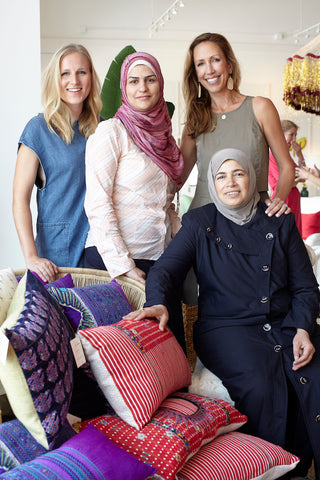
The Temporary Becomes Permanent
According to Wikipedia, “Daraa became known as the ‘cradle of the revolution’ after protests at the arrest of 15 boys from prominent families for painting graffiti with anti-government slogans sparked the beginning of Syrian Uprising of 2011.” What that meant for Huda and Majed was difficulty accessing doctors — Huda has a heart condition; Majed has an eye problem. “We went to Jordan for medical care. Going to the hospital wasn’t easy in Syria. The hospitals were full of the wounded and injured,” Huda says.
When Huda and Majed left Syria, they thought it would be only for a short while. However, within two months, their home in Daraa was bombed and destroyed. The former school teacher and contractor had no place to return to. Their son, Tamam, and his wife, Bothina, and their two children joined them in Jordan in 2013, after they themselves fled Syria and lived briefly in a refugee camp. (Read Bothina’s story.)
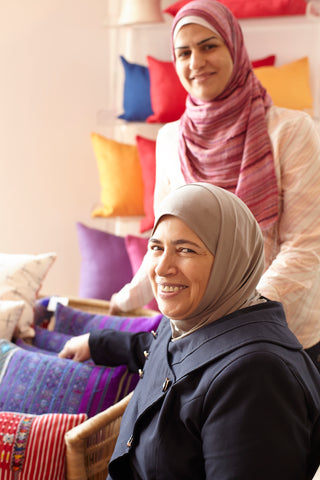
Life in Jordan wasn’t comfortable for Huda and Majed, who were unable to get jobs. “It was hard paying for the rent,” she says. “We spent our whole life savings, including my pension from teaching, just to live. We didn’t expect things to happen like they did.”
The families were struggling to survive when someone at the United Nations contacted Majed and asked if he and Huda would like to move to the United States.
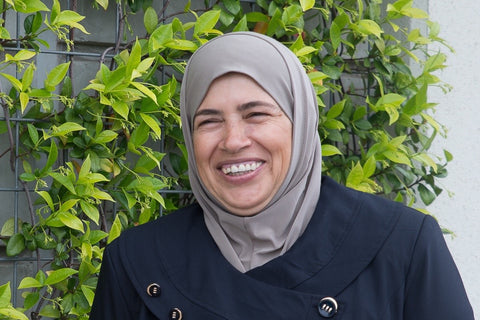
A Lifeline and a New Start
To this day, it is unclear why that happened, but Majed said yes to that surprise inquiry, on the condition that his son and his son’s family could also relocate. It was only after a rigorous screening process, involving multiple interviews with multiple government agencies, that the six were cleared to live in the United States.
Huda says it was a confusing time for her. On one hand, she felt “happy to go to America — that’s everybody’s dream” — but at the same time she knew she would be farther from her homeland and that it would be difficult to ever return.
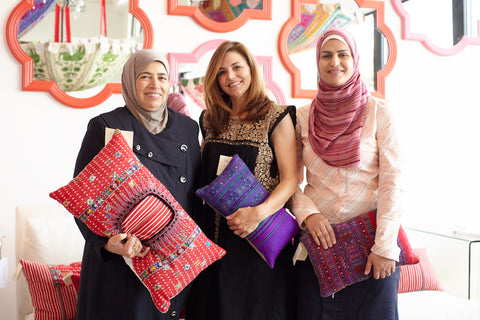
Huda and Majed, along with their son and his family, arrived in Dallas in December 2015, after a few days in New York City, during the time when Governor Gregg Abbott was attempting to ban refugees from Texas. For the first six months, they all lived together in a single apartment. Now each couple lives in their own apartment, and Huda and Bothina both work at GAIA, sewing pouches and handbags.
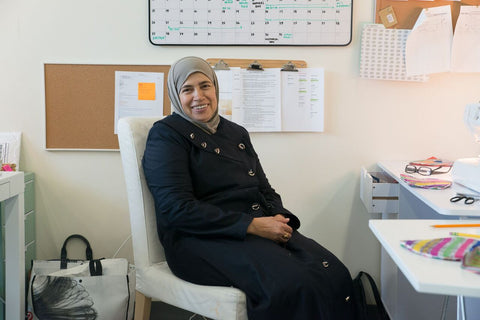
Though her goals and dreams are simple — good health and a stable life — and Huda says she is happy, the heartbreak of the past and present is easy to see in her pretty face when she talks about her circumstances. She deeply wishes her family could all be together.
Her daughter lives in Turkey with her grandsons. Her other son lives in Germany, where he recently got married. She hasn’t seen any of them in five years, and she fears travel restrictions on Syrian refugees mean she may never see them in person again.
We hope that’s not the case.
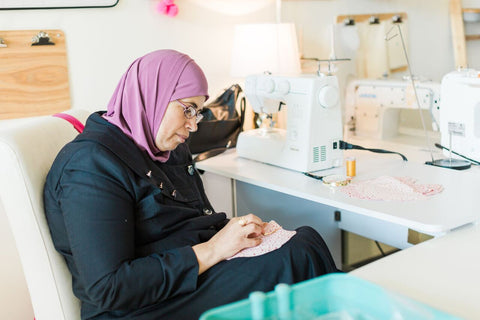
GAIA Refugee Artisans
Huda is currently one of eight refugee artisans whom we employ. We pay the women a living wage, and most work from home, where they are able to also care for their young children. These women are why we exist, and it is our honor and privilege to share their stories with you.
Please take the time to read about Feza and Catherin, and keep reading our blog in the months ahead for more of their stories.
Learn more about about refugee resettlement and how you can help at rescue.org.
Continue reading